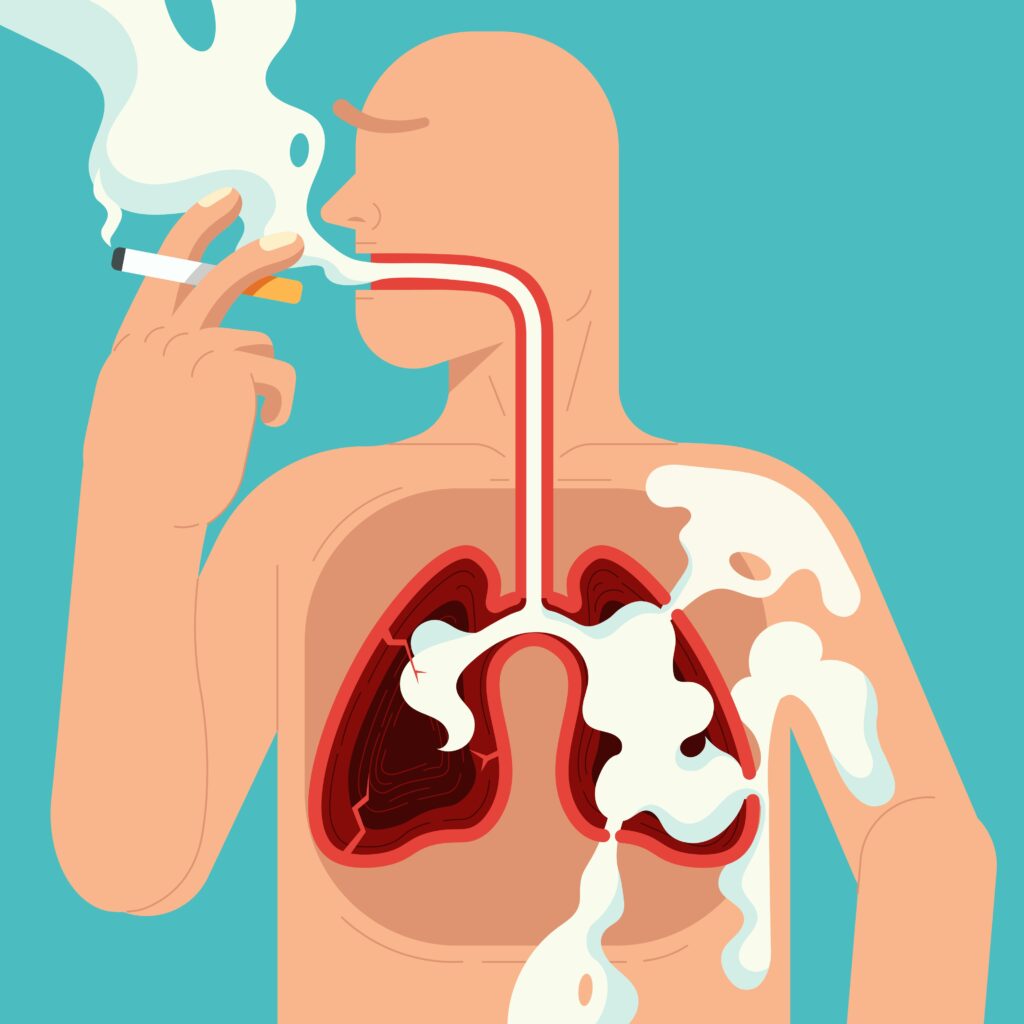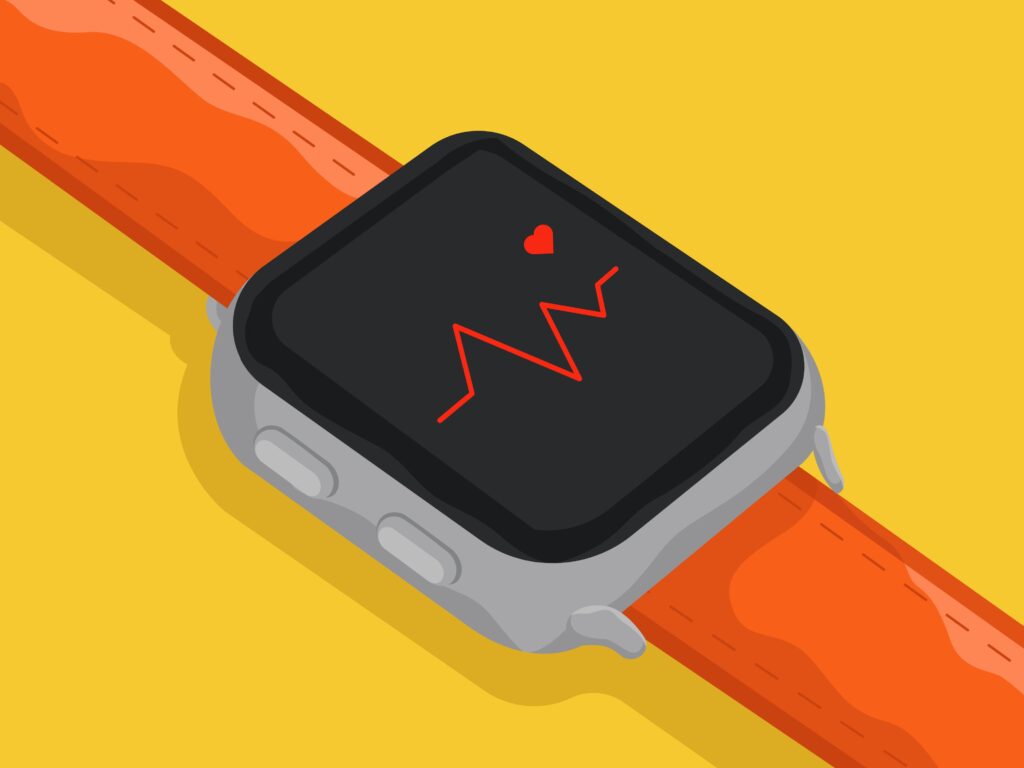Your heart beats about 100,000 times a day, tirelessly pumping blood throughout your body. But did you know that your daily habits play a crucial role in keeping your heart rhythm steady? Arrhythmias—irregular heartbeats—can be triggered or prevented by the choices you make every day.
From the foods you eat to the way you manage stress, your lifestyle directly impacts your heart’s electrical system.
What Keeps Your Heart in Sync?

Your heart’s rhythm is controlled by an electrical system that tells it when to beat. This system relies on a natural pacemaker called the sinoatrial (SA) node, located in the right atrium. The SA node sends electrical signals that travel through the heart, coordinating contractions and ensuring a steady rhythm.
A normal heart rate typically ranges from 60 to 100 beats per minute at rest. However, certain factors can disrupt this rhythm, leading to conditions such as:
Bradycardia (slow heart rate) – Fewer than 60 beats per minute.
Tachycardia (fast heart rate) – More than 100 beats per minute.
Atrial Fibrillation (AFib) – An irregular, rapid heartbeat that can increase the risk of stroke.
Fortunately, healthy lifestyle choices can help prevent or manage these conditions. Let’s look at the habits that keep your heart beating steady.
1. Eat a Heart-Healthy Diet

What you eat directly affects your heart’s electrical system. A balanced diet rich in essential nutrients can help maintain a regular heartbeat.
Best Foods for a Healthy Heart Rhythm
🥦 Leafy Greens & Vegetables – High in magnesium and potassium, which help regulate heartbeats.
🐟 Fatty Fish (Salmon, Tuna, Mackerel) – Rich in Omega-3 fatty acids, which reduce inflammation and prevent arrhythmias.
🍌 Bananas & Avocados – Excellent sources of potassium, which helps balance sodium levels and prevent high blood pressure.
🥜 Nuts & Seeds – Provide magnesium and healthy fats to support heart function.
🥩 Lean Proteins (Chicken, Turkey, Beans, Tofu) – Essential for muscle and heart health.
Foods to Avoid
⚠️ Excess Salt (Sodium) – Too much sodium can raise blood pressure and increase the risk of arrhythmias.
⚠️ Processed Foods & Sugary Snacks – High sugar intake can contribute to heart disease and irregular heartbeats.
⚠️ Caffeine & Energy Drinks – Excess caffeine may trigger palpitations and tachycardia.
2. Stay Active

Regular exercise strengthens your heart and improves heart rate variability (HRV)—a key sign of heart health.
🏃 Aerobic Exercise – Walking, jogging, swimming, and cycling improve circulation and keep the heart strong.
🧘 Yoga & Tai Chi – These practices lower stress, reduce blood pressure, and promote a steady rhythm.
🏋️ Strength Training – Lifting weights in moderation can help maintain heart health and circulation.
Exercise Tips for Heart Rhythm Health
✅ Aim for 150 minutes of moderate activity per week (or 30 minutes per day).
✅ Avoid overexertion—too much high-intensity exercise can stress the heart.
✅ If you have an arrhythmia, consult your doctor before starting a new workout routine.
3. Manage Stress to Protect Your Heart

Chronic stress and anxiety can trigger irregular heartbeats by overstimulating the sympathetic nervous system (your “fight-or-flight” response). Managing stress is key to maintaining a steady heart rhythm.
🧘 Practice Mindfulness & Meditation – Reduces stress hormones and stabilizes the heartbeat.
🌿 Spend Time in Nature – Walking outdoors can naturally lower heart rate and blood pressure.
💤 Get Enough Sleep – Poor sleep can increase the risk of arrhythmias, especially sleep apnea, which is linked to AFib.
4. Stay Hydrated and Balance Electrolytes

Dehydration can lead to an imbalance in electrolytes (sodium, potassium, calcium, magnesium), which can cause irregular heartbeats.
💧 Drink plenty of water – Aim for 8 glasses a day (more if you’re active).
🥑 Eat potassium-rich foods – Bananas, avocados, and sweet potatoes help maintain balance.
🥜 Include magnesium-rich foods – Nuts, seeds, and dark chocolate support heart function.
5. Avoid Smoking and Limit Alcohol Intake

🚭 Smoking damages blood vessels and increases the risk of arrhythmias and heart disease.
🍷 Limit alcohol – Excessive drinking can trigger atrial fibrillation and other rhythm disorders. Stick to moderate consumption (one drink per day for women, two for men).
6. Monitor Your Heart Health Regularly

Keeping track of your heart rate and rhythm can help you detect issues early and take action.
🩺 Check Your Pulse – Learn to check your heart rate manually or use a smartwatch.
📊 Monitor Blood Pressure – High blood pressure increases the risk of arrhythmias.
👩⚕️ Schedule Regular Check-ups – See your doctor for routine heart screenings.
Keep Your Heart in Rhythm
Your lifestyle choices have a profound impact on your heart rhythm. By eating nutritious foods, staying active, managing stress, staying hydrated, and avoiding harmful substances, you can keep your heartbeat steady and strong for years to come.
Taking care of your heart today means a healthier, more energetic future. So, start small—whether it’s going for a walk, swapping out processed foods, or practicing deep breathing—and make heart health a daily priority!❤️

